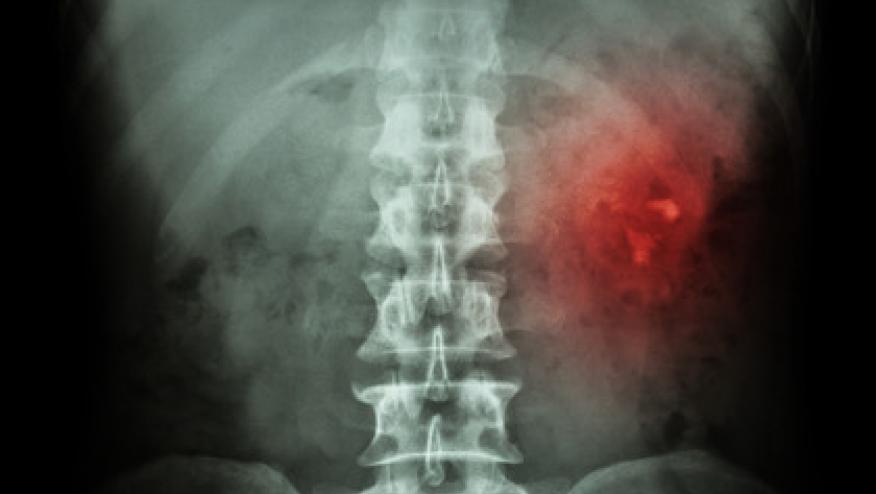Allopurinol Safety in CKD Patients Save

A study in the Annals of Internal Medicine reports chronic kidney disease (CKD) patients can be safely treated with allopurinol without an increased risk of mortality.
In this population-based data, neither allopurinol initiation, nor achieving target SU level with allopurinol, nor allopurinol dose escalation was associated with increased mortality in patients with gout and concurrent CKD.reported no benefits but potentially increased risk for death. Whether the risk could occur in patients with gout and concurrent CKD remains unknown.
The study enrolled patients from the Health Improvement Network (a UK primary care database; 2000 to 2019), aged 40 years or older with gout and moderate-to-severe CKD and analyzed potential relationships between allopurinol initiation, dose escalation, achieving target serum urate (SU) level after allopurinol initiation and all-cause mortality in patients with both gout and CKD.
What they found was:
- Allopurinol initiation did not increase mortality; it lowered mortality by 15%. Mortality rates were 4.9 and 5.8 per 100 person-years in 5277 allopurinol initiators and 5277 PS-matched noninitiators, (hazard ratio [HR], 0.85 [95% CI, 0.77 to 0.93). In
- Achieving the target of SUA < 6.0 was not associated with greater mortality (mortality achieving target SU vs. not achieving target SU level group was HR 0.87 (CI, 0.75 to 1.01)
- Allopurinol dose escalation did not increase mortality either (allopurinol dose escalation versus the no dose escalation , HR 0.88 (CI, 0.73 to 1.07).
In this population-based data, neither allopurinol initiation, nor achieving target SU level with allopurinol, nor allopurinol dose escalation was associated with increased mortality in patients with gout and concurrent CKD.










If you are a health practitioner, you may Login/Register to comment.
Due to the nature of these comment forums, only health practitioners are allowed to comment at this time.